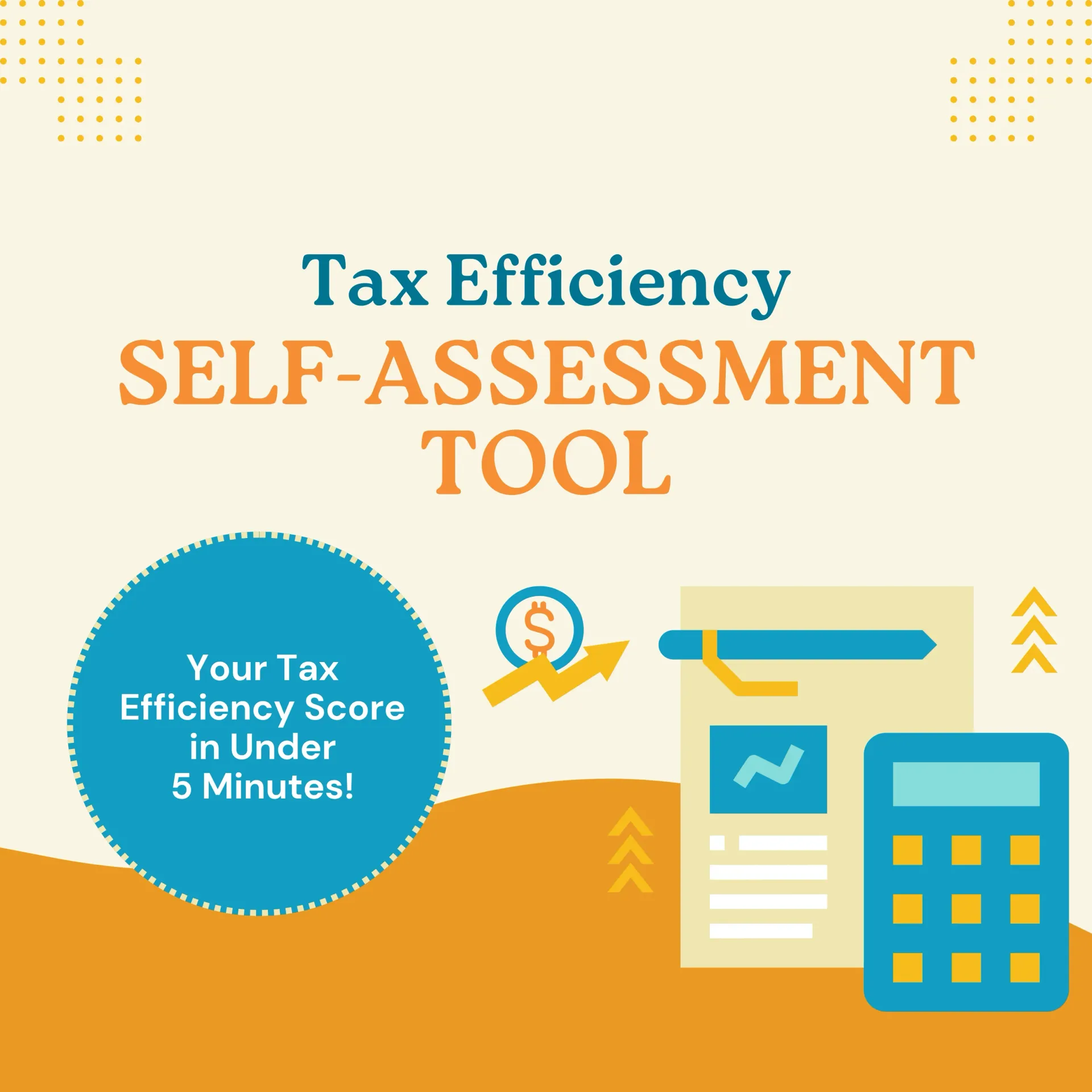Understanding Depreciation: A Real Estate Investor's Tax Advantage

When it comes to real estate investing, one of the most powerful tools in your financial toolbox is depreciation. This concept not only helps you manage your investment properties but also provides significant tax advantages.
In this blog, we’ll break down how depreciation works, its benefits, and how you can leverage it to reduce your taxable income. So, let’s dive in!
What is Depreciation?
At its core, depreciation is an accounting method that allows property owners to allocate the cost of an asset over its useful life. For real estate investors, this means you can deduct a portion of the property's value each year from your taxable income.
The IRS recognizes that properties wear down over time, and they allow you to account for that wear and tear through depreciation.
- Depreciation Period: For residential rental properties, the standard depreciation period is 27.50 years.
- Example: If you buy a property for $275,000 (excluding land value), you can deduct about $10,000 from your taxable income each year for 27.50 years.
This deduction is calculated using the straight-line method, which divides the cost basis of the property by its useful life.
How Does Depreciation Work?
Let’s make this more relatable with an example:
Imagine you purchase a rental property for $300,000. After determining the land is worth $50,000, your depreciable basis is $250,000. Each year, you can deduct approximately $9,090 from your income ($250,000 / 27.50).
Calculation Example:
- Rental Income: $30,000
- Expenses: $15,000 (maintenance, management fees, etc.)
- Depreciation Deduction: $9,090
Taxable Income Calculation:
$30,000 − $15,000 − $9,090 =
$5,910
You only pay taxes on $5,910 instead of $15,000, leading to substantial
tax savings.
The Benefits of Depreciation
1. Tax Savings
Depreciation reduces taxable income, meaning you owe less in taxes each year. For many investors, this translates to thousands of dollars saved annually.
2. Increased Cash Flow
Lowering your tax liability puts more money back in your pocket each month, which can be reinvested or used to cover expenses.
3. Offset Income
Depreciation can make it appear as though you’re operating at a loss on paper—even if you’re actually making money. This is especially beneficial for those in higher tax brackets.
4. Long-Term Wealth Building
Depreciation provides immediate tax relief and sets up potential capital gains taxes upon sale. Savvy investors often use strategies like 1031 exchanges to defer these taxes and continue building wealth.
Real-Life Example
Let’s say you’ve been renting out a duplex purchased for $400,000, with $80,000 allocated to land value. Your depreciable basis is $320,000, allowing for annual deductions of $11,636.
Over five years:
- Total Depreciation: 5 × $11,636 = $58,180
If you sell the property after five years for $500,000, you’ll face depreciation recapture taxes on the $58,180 when calculating your capital gains tax. However, the depreciation deductions provided significant tax savings during ownership.
Leveraging Depreciation Effectively
1. Keep Accurate Records
Document all costs associated with purchasing and improving your property to ensure accurate calculations.
2. Consult a Tax Professional
A tax expert can guide you through complex laws and maximize your deductions.
3. Consider Cost Segregation Studies
Cost segregation can accelerate depreciation on specific property components (like appliances or renovations), allowing for larger upfront deductions.
Conclusion
Understanding and leveraging depreciation can be a game-changer for real estate investors looking to reduce their tax burden and enhance cash flow.
By recognizing how this powerful tool works and implementing effective strategies to maximize its benefits, you can create a more financially sound investment portfolio.
Remember: Depreciation isn’t just an accounting term; it’s a key strategy for building wealth through real estate investing.
Discover Your Tax Savings Score in Minutes!


Salim is a straight-talking CPA with 30+ years of entrepreneurial and accounting experience. His professional background includes experience as a former Chief Financial Officer and, for the last twenty-five years, as a serial 7-Figure entrepreneur.
Recent Posts
Straight Talk CPAs offers virtual CPA and CFO services dedicated to boosting your business profits and minimizing taxes. Our tailored approach is perfect for businesses and individuals seeking personalized guidance from a reliable CPA partner.
Phone: (732) 566-3660
Our Services
Straight Talk CPA's. All Rights Reserved. | Powered by CPA Marketing Genius | Privacy Policy | Terms & Conditions | Disclaimer




